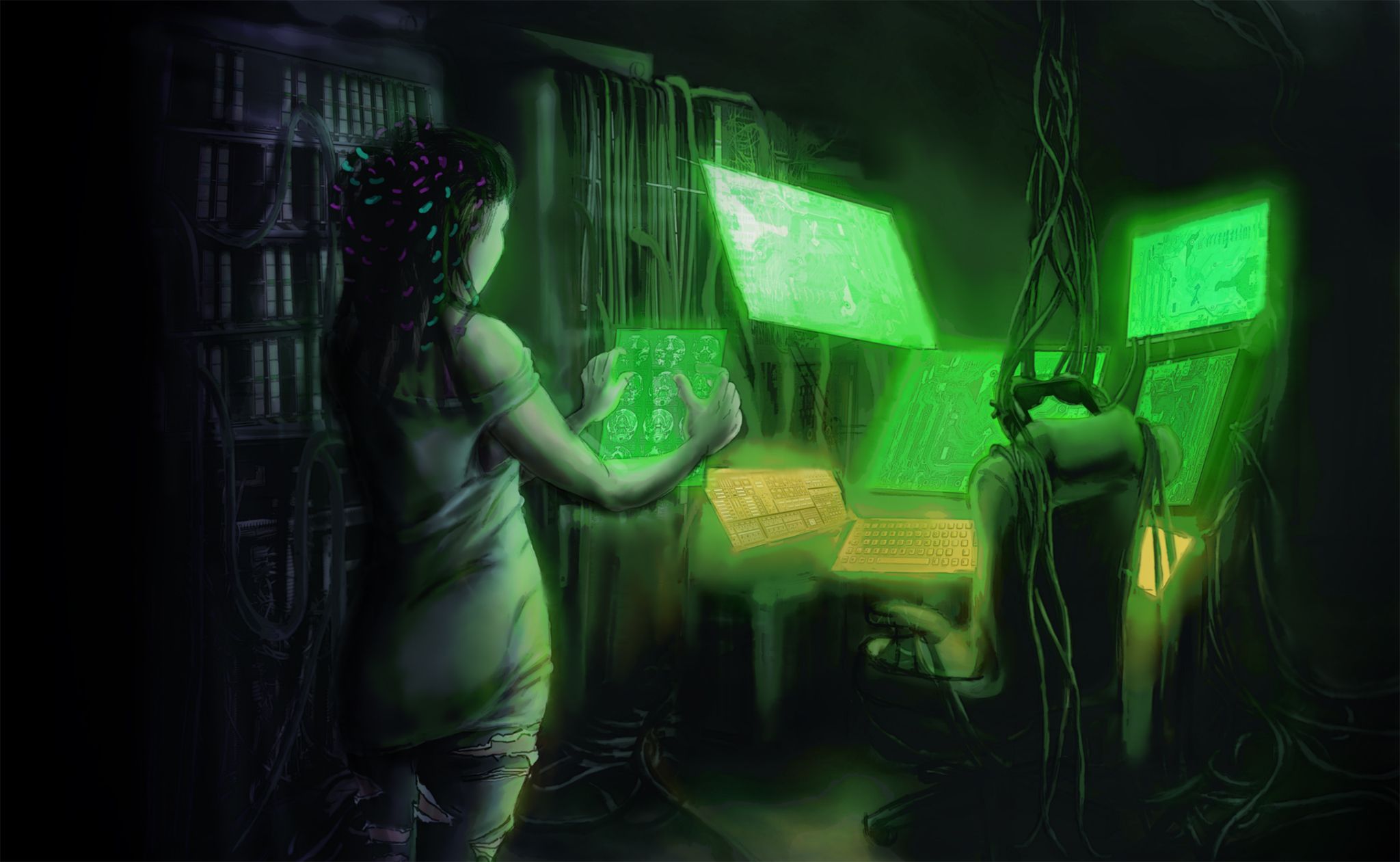We present a generic tool, Kartograph, that lifts the fog of war in online real-time strategy games by snooping on the memory used by the game. Kartograph is passive and cannot be detected remotely. Motivated by these passive attacks we set out to develop secure protocols for distributing game state among players so that each client only has data he or she is allowed to see. We show that we can run the game with distributed state with only a 22-millisecond overhead per state update on a single core machine. While this overhead is already below human perception, even lower latency can be obtained on multi-core machines. Before we built the OpenConflict system we conducted an extensive study of the amount of data and network traffic generated by a popular real-time game, Starcraft II. This data helped us predict the performance of OpenConflict before we built it. We present the results of the study for other researchers who wish to experiment with secure protocol design for online games.


Openconflict preventing real time map hacks in online games
| Available Media | Publication (Pdf) Demo video Slides (pdf) |
| Conference | Security and Privacy (S&P) - 2011 |
| Authors | Elie Bursztein , Jocelyn Lagarenne , Mike Hamburg , |
| Award | Best Student Paper Award |
| Citation |


